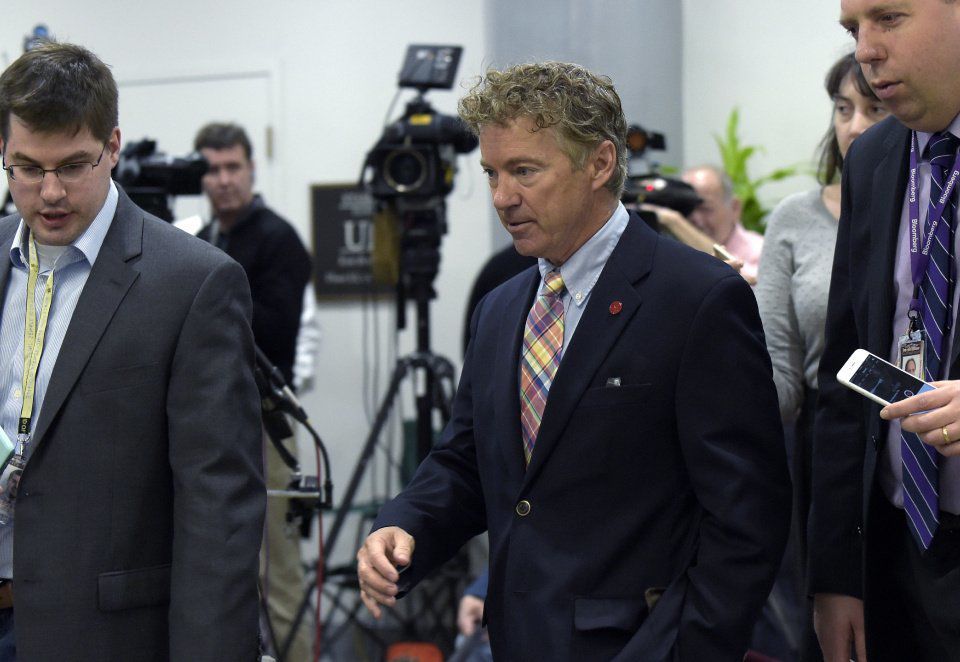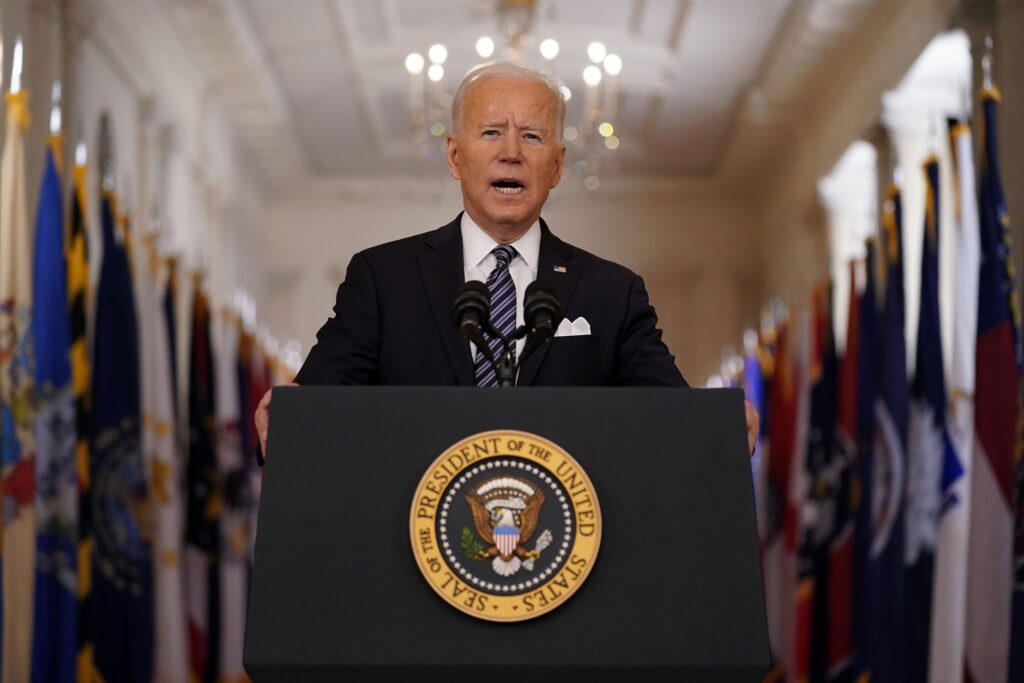Denver health plans could survive ACA repeal
Even if the Affordable Care Act is repealed or significantly changed by Congress and President Donald Trump, the more than 9,900 employees of the City and County of Denver enrolled in one of the three city-offered health insurance plans should not be greatly affected.
Heather Britton, manager of benefits and wellness in the city’s Office of Human Resources, said that’s because the city contracts with the three insurance companies calls for the city to be fully insured instead of self-insured.
“We pay each of the companies specific monthly premiums and they take the risk based on the number of claims and other factors,” Britton told The Colorado Statesman.
Denver City Council recently approved a new contract with Kaiser Permanente, the largest of the three health and medical insurance plans the city offers its employees.
The United HealthCare plan, at a 2017 contract cost of $45 million, has 3,060 city employees enrolled. The Denver Health medical plan has just 543 employees enrolled and a 2017 contract cost of $6 million, while the Kaiser Permanente plan touts 6,317 employees enrolled and is the most expensive plan at a 2017 contract cost of $70 million. The city has a total of 11,175 employees eligible to choose one of the three plans, Britton said, so approximately 95 percent are enrolled in a city plan.
The city has basically offered health insurance with the same companies for decades, Britton said. In the case of Kaiser, it has been around 60 years. Like other entities, Denver seeks bids for its health insurance coverage about every 3 to 5 years.
“The way the plans are set up, once an employee is enrolled in one like Kaiser, leaving is really a full disruption to the employee. There are prescriptions and other information that has to transfer over to the new provider, so there’s a lot to changing our providers.”
While switching carriers is somewhat easier with others, Kaiser’s is more complicated because they employ all the doctors and specialists included in their plans, unlike many other health care insurance companies.
“That makes it harder to switch plans to someone who doesn’t employ their own doctors,” Britton said. “We always ask for bids on all our plans, but no one has been able to beat the price, either.”
Likewise, United HealthCare has been offered by the city for about 10 years and Denver Health for even longer, according to Britton, who added that previous providers included Aetna and Pacific Care.
Briton said the Affordable Care Act has been an overall positive change for the city since it mandated coverage for things like free preventive care and allowing parents to include their children up to the age of 26 on their policies.
“We liked the free coverage because we are fully insured and there is no deductible or co-pay for those preventive services. And our employees really take advantage of that wellness incentive and free doctor’s visit.”
If the act were changed and those mandated coverage areas were removed, it would complicate things for the city and its employees, Britton said.
The city last year changed its health plans from a co-pay based home maintenance organization, or HMO, and a HMO plan with a deductible to the increasingly more common high-deductible offerings with health savings accounts. That change was due to the act’s so-called “Cadillac tax,” a new tax on expensive employer health plans that was scheduled to start in 2018 but was postponed by Congress until 2020. The tax is intended to rein in high-priced, employer-offered insurance policies by placing a 40 percent tax on the portion of benefits that exceed certain price thresholds.
Last August, Britton told Benefits magazine, a publication from the International Foundation of Employee Benefit Plans, that the city knew it faced more than $3 million in penalties under the Cadillac tax, so wanted to switch to the high-deductible plans to help lower costs.
“We have folks in our organization who wanted to keep the old plans,” she told the magazine. “They believed the plans were good for employees. But some employees were paying $12,000 in premiums, in some cases 30 percent of their earnings, for medical insurance they maybe did, maybe didn’t use. I didn’t think we were being efficient with their insurance costs, and we were insulating them from all the true costs of care.”
Since employees are usually apprehensive about the “perceived liability” they assume with the high deductibles they have to pay before their insurance kicks in, Britton said the city maintained co-pay-based plans and split the ongoing yearly premium increases with employees.
“So we made something good out of it,” she told The Statesman. “The change got us under the Cadillac threshold and reduced employee medical costs, plus we cut our premiums by half. So we had a zero increase in premiums” under the latest contracts.











